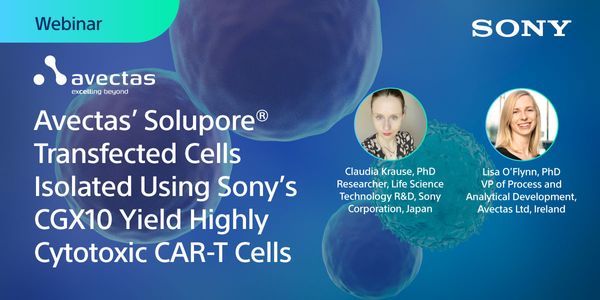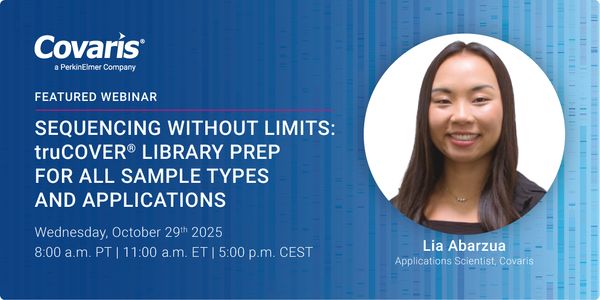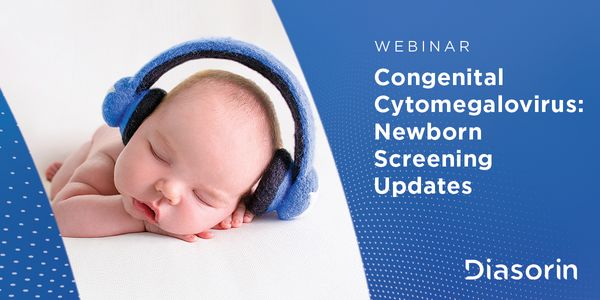Improved Genome Editing Using Single-Stranded DNA
CRISPR-Cas9 gene editing is a powerful technique that enables genetic modification with greater speed and accuracy than previous approaches. In this webinar, Dr. Chen highlights the advantages of single-stranded DNA vs double-stranded DNA for knock in experiments. He further discusses the tips for designing ssDNA, methods for synthesis and various applications of single-stranded DNA.
Learning Objectives:
1. Understanding the mechanism and importance of the Homology Directed Repair (HDR) pathway for CRISPR mediated gene knock-ins
2. Understand why ssDNA is a powerful tool for gene knock-ins and why ssDNA is superior compared to dsDNA in terms of efficiency, cellular toxicity, and specificity
3. Multiple methods of ssDNA synthesis are available; however, the nicking enzyme-based method results in optimum quality







